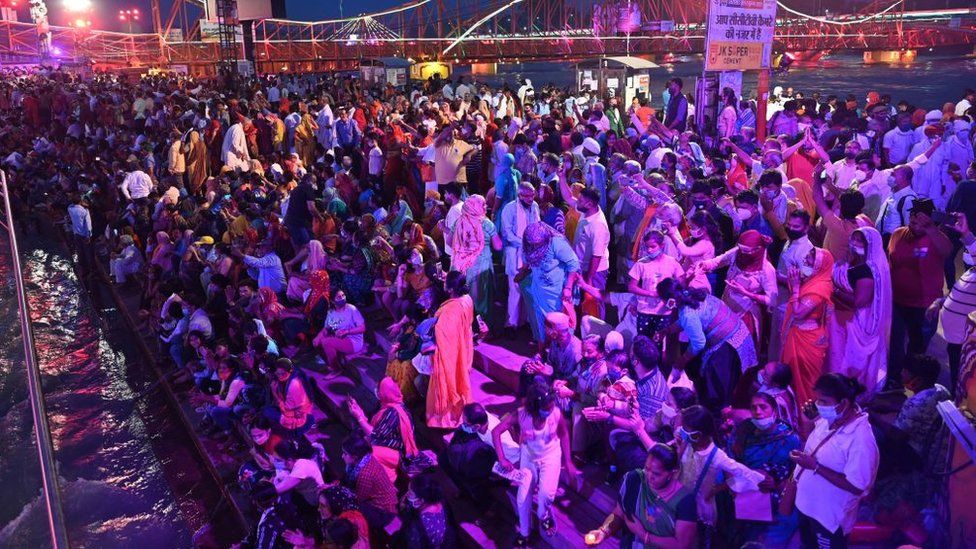Topic: India's Kumbh festival attracts big crowds amid devastating second Cov
India's Kumbh festival attracts big crowds amid devastating second Covid wave

This past week, slotxo as India grapples with a devastating second wave of the coronavirus, millions of devotees have descended on the banks of the Ganges river in the northern city of Haridwar to take a dip in the water.
Hindus believe the river is holy and taking a dip in it will cleanse them of their sins and bring salvation.
But the government of Uttarakhand state, where Haridwar is located, is facing heavy criticism for allowing the Kumbh Mela festival to go ahead amid a sharply worsening Covid picture. On Thursday, India reported more than 200,000 Covid cases for the first time since the pandemic began.
One influential Hindu congregation decided to opt out of the massive festival. "The Kumbh Mela is over for us," Ravindra Puri, secretary of the Niranjani Akhada or congregation was quoted as saying in local media.
The decision came a day after Swami Kapil Dev, the head of another prominent congregation, died after being diagnosed with Covid-19.
It's unclear how many devotees at the Kumbh Mela have tested positive since the first day of bathing on 11 March. But Haridwar's chief medical officer, Dr SK Jha, said more than 1,600 cases had been confirmed among devotees between 10 and 14 April.
But there are fears that the numbers could be even higher, and that many of those who have returned home could have taken the disease with them across the country.
India has confirmed more than 14 million cases and 174,000 deaths from the virus so far. There had been a sharp drop in case numbers in January and February, but with cases and deaths now rising again, hospitals across the country are reporting a shortage of beds, oxygen cylinders and drugs.
The uptick in cases did not discourage people from attending the Kumbh Mela. Ujwal Puri, a 34-year-old businessman, arrived in Haridwar on March 9 armed with bottles of sanitiser, masks and vitamin pills.
Mr Puri expected stringent Covid security checks. But he told the BBC he faced no checks at the airport or in Haridwar. One of his photographs from the festival shows crowds at the banks, waiting to take a dip on one of the nights. Many people can be seen not wearing a mask or pulling it down to their chin.